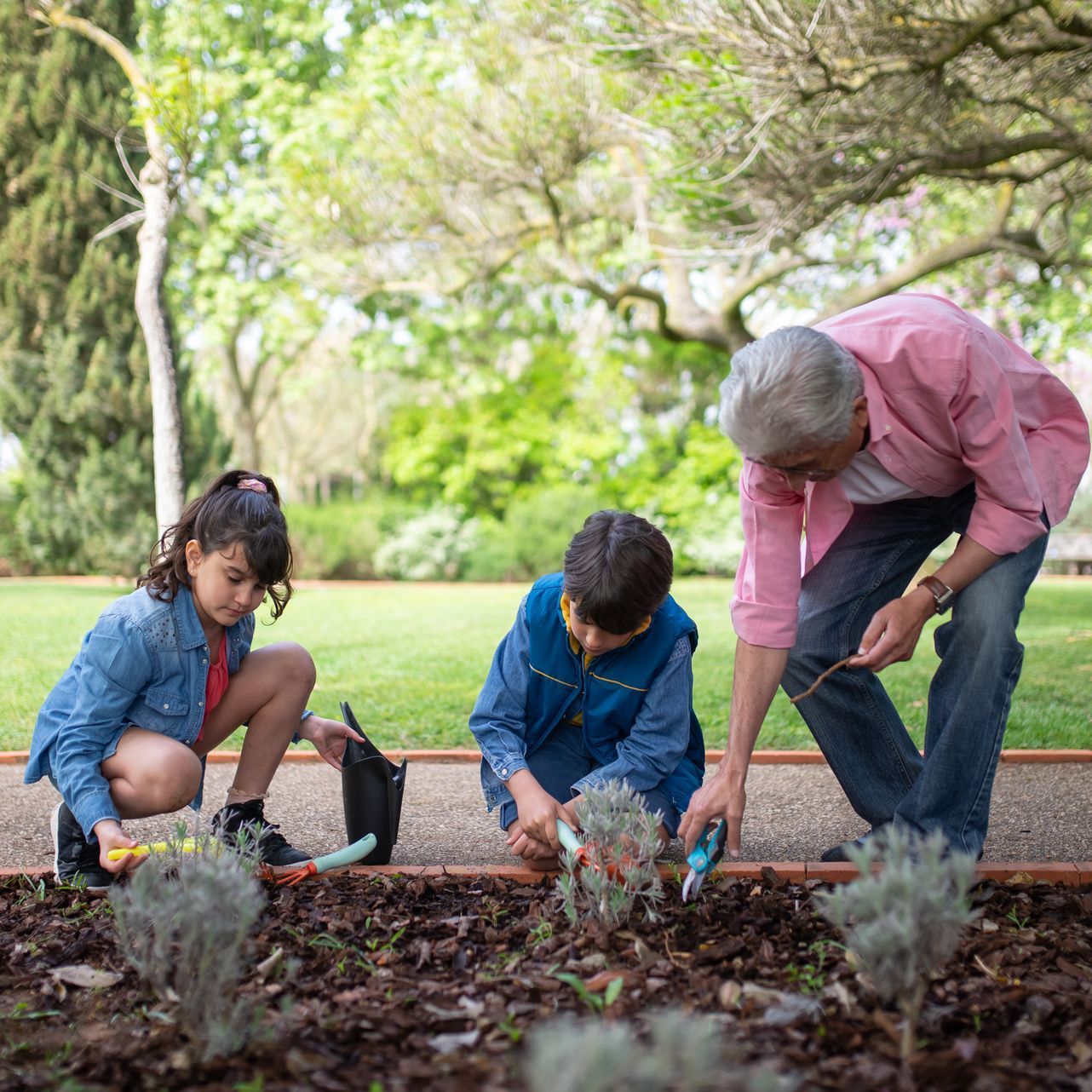Ensuring Proper Dental Hygiene from the Start: A Parent's Guide

When it comes to our little ones, we often focus intently on their nutrition, sleep, and physical health, but dental hygiene is a crucial aspect of their overall well-being that sometimes gets overlooked. Starting proper dental hygiene habits early can set the foundation for a lifetime of healthy smiles. For parents of infants, navigating the do's and don'ts of dental care can seem daunting, but it doesn’t have to be. Here’s a comprehensive guide to ensure your infant's dental hygiene is on the right track from the start.
1. Understanding Infant Oral Health
Before we dive into the practical tips, it’s important to understand why infant oral health matters. Baby teeth, also known as primary teeth, are placeholders for adult teeth. They play a vital role in helping your child chew properly and speak clearly. Moreover, healthy baby teeth set the stage for healthy permanent teeth, and taking care of them from the start can prevent issues like tooth decay and gum disease.
2. Cleaning Gums Before Teeth Emerge
Dental care begins even before your baby’s first tooth appears. Gently cleaning your baby’s gums with a soft, damp cloth twice a day helps remove harmful bacteria and sugar that can linger from milk or formula. This routine not only keeps their mouth clean but also gets your baby accustomed to oral care.
3. First Tooth: Time to Brush
Once the first tooth emerges, usually around six months, it’s time to start brushing. Use a soft-bristled, small-headed toothbrush designed for infants. Initially, you can brush with plain water or a tiny smear of fluoride toothpaste (about the size of a grain of rice). Gently brush all sides of the tooth and along the gum line to remove plaque and food particles. The ADA currently advises caregivers to brush with water, and to consult with a dentist or physician before using fluoride toothpaste, for children younger than 3 years.
4. Introducing Fluoride Toothpaste
Fluoride is essential in preventing tooth decay by strengthening tooth enamel. From the age of three, you can start using a pea-sized amount of fluoride toothpaste. Teach your child to spit out the toothpaste and not swallow it, as ingesting too much fluoride can lead to dental fluorosis (white spots on the teeth).
5. Regular Dental Checkups
Your child should have their first dental visit by their first birthday or within six months after their first tooth appears. Regular check-ups allow the dentist to monitor your child’s oral health and catch any issues early on. They can also provide specific advice tailored to your child’s needs.
6. Managing Teething
Teething can be a trying time for both babies and parents. Symptoms include drooling, gum swelling, and irritability. To soothe sore gums, you can offer a clean teething ring or gently rub the gums with a clean finger. Avoid using teething gels with benzocaine or homeopathic teething tablets, as they may have harmful side effects.
7. Avoiding Baby Bottle Tooth Decay
Baby bottle tooth decay occurs when sweetened liquids or those with natural sugars (like milk, formula, and fruit juice) cling to an infant's teeth for a long time. Bacteria in the mouth thrive on this sugar and produce acids that can attack the tooth enamel. To prevent this:
- Avoid putting your baby to bed with a bottle containing anything other than water.
- Don’t dip pacifiers in sugar or honey.
- Encourage your child to drink from a cup by their first birthday.
- 8. Healthy Eating Habits
Good nutrition plays a key role in dental health. Encourage a diet rich in vegetables, fruits, and whole grains. Limit sugary snacks and drinks, as they increase the risk of tooth decay. Also, be mindful of sticky foods like dried fruit, which can cling to teeth and promote decay.
9. Setting an Example
Children learn by imitation. Let them see you brushing and flossing your teeth regularly. This not only teaches them the importance of dental hygiene but also normalizes the routine as part of everyday life.
10. Dealing with Thumb Sucking
Thumb sucking is a natural reflex for babies and young children. It can provide comfort and help them feel secure. However, prolonged thumb sucking can cause problems with the proper growth of the mouth and alignment of the teeth. If the habit persists beyond the age of three, consult with your dentist for strategies to gently discourage it.
Starting proper dental hygiene early is vital for your child’s overall health. By cleaning your infant's gums, introducing tooth brushing at the right time, maintaining regular dental check-ups, and fostering healthy eating habits, you are setting the stage for strong, healthy teeth. Remember, early dental care is not just about preventing cavities; it’s about instilling habits that will last a lifetime, ensuring your child's smile remains bright and healthy for years to come.










